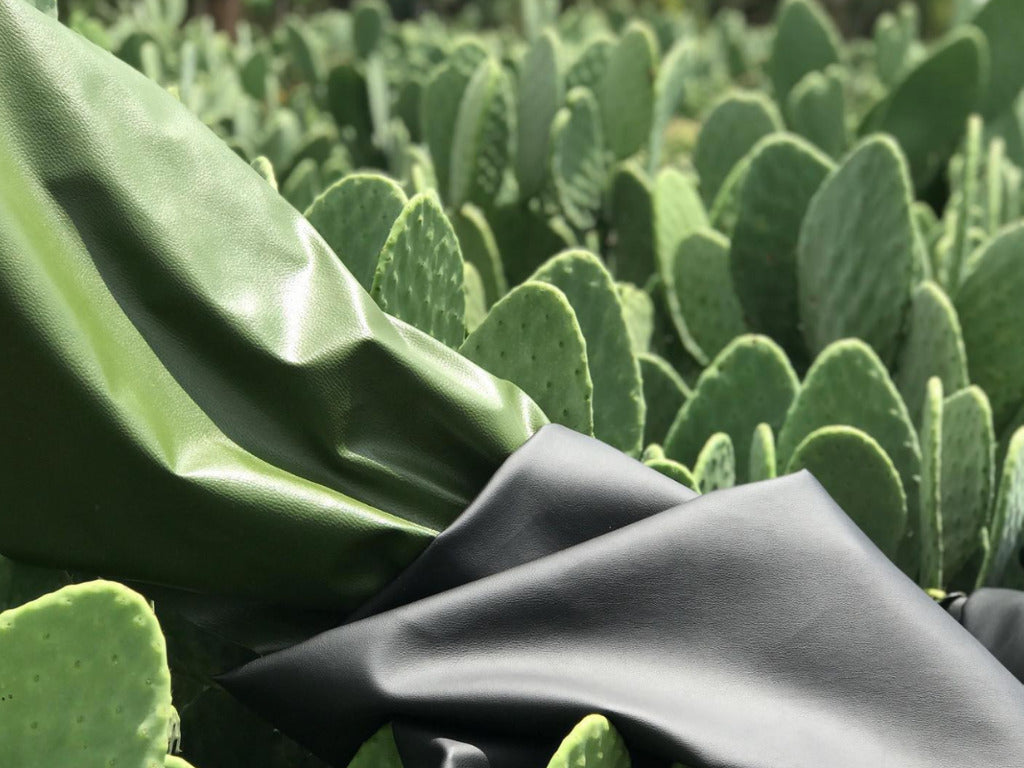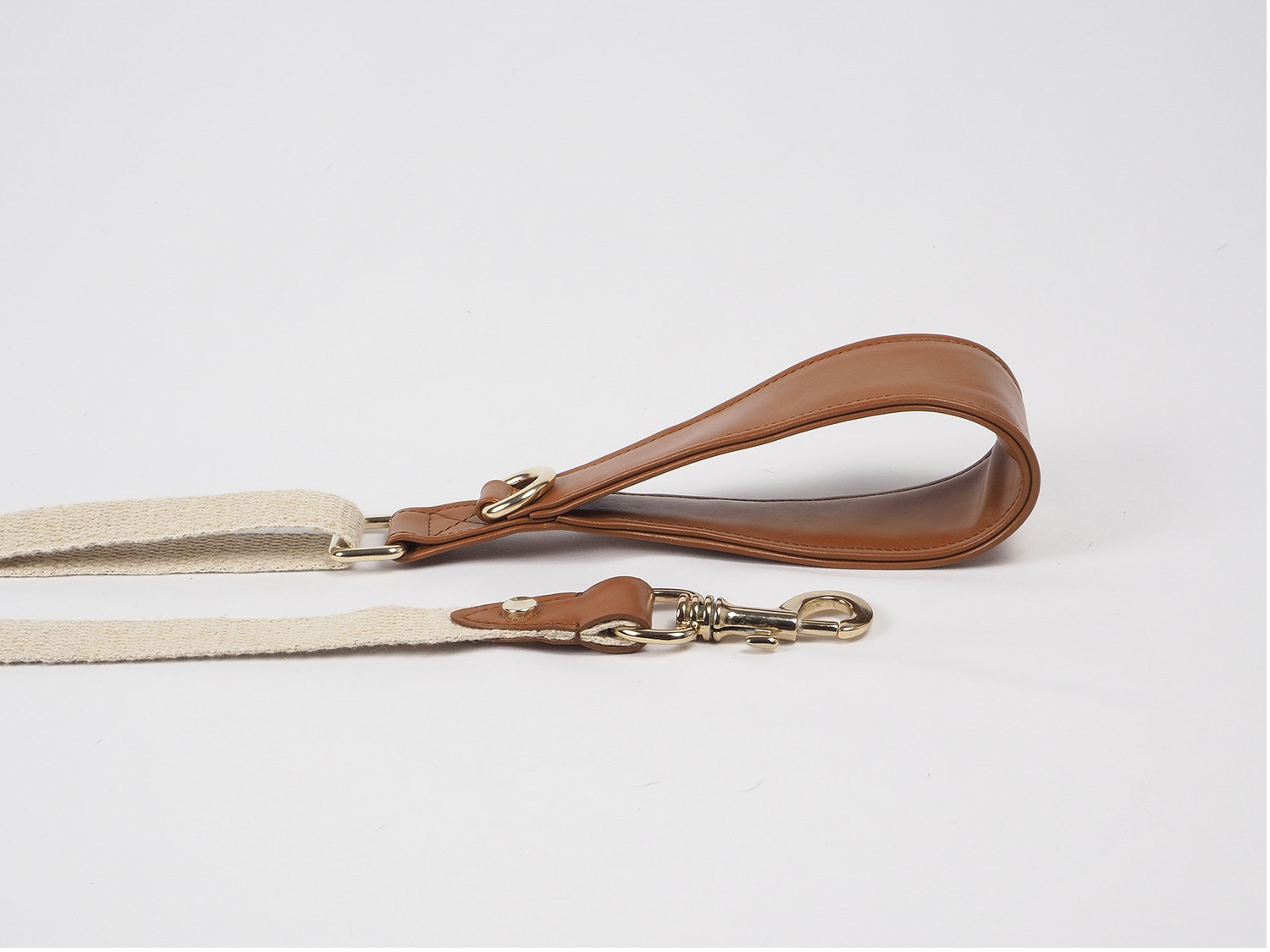In recent years, sustainability has emerged as a crucial consideration, driven by our growing awareness of environmental impacts. This consciousness compels us to make choices that not only reduce our carbon footprint but also safeguard the planet for future generations. Among other industries, sustainability is significantly influencing the realms of fashion and pet accessories.
At SNYGG, we recognize that material selection is fundamental to responsible design, and this article explores the pivotal role of sustainable materials in shaping the future of these industries.
Sustainable materials play a vital role in responsible design, and here's why:
Minimal Environmental Impact: Sustainable materials are characterized by their eco-friendly attributes across their entire lifecycle, from sourcing and production to use and disposal. Opting for these materials allows us to minimize our carbon footprint and reduce waste.
Pet-Friendly Materials: In the pet accessory sector, the well-being of our four-legged friends is paramount. Sustainable materials, often free from harmful chemicals and allergens, ensure the safety and comfort of our pets.
Ethical Sourcing: Responsible design extends to ethical sourcing. Sustainable materials are often procured through fair trade practices, ensuring fair treatment and just compensation for those involved in the production process.
Durability and Longevity: Sustainable materials are designed for longevity. They resist the transient nature of fast fashion, reduce waste, and decrease the need for frequent replacements.
What Are Some Examples of Sustainable Materials?
The world of sustainable materials is diverse and incredibly innovative. Over the last years, numerous new materials have been developed and trialled. The results are promising and development continues at a rapid pace. Here are a few examples that are making waves in the fashion and pet accessories industry:
Organic Cotton: Organic cotton, grown without harmful pesticides or synthetic fertilizers, is a popular choice for pet accessory fabrics and clothing materials. It's gentle on pets' skin, biodegradable, and minimizes environmental impact. We partly use organic cotton for both our SNYGG Signature Collection as well as for our dog blankets as part of our premium home accessories range.
Hemp: Hemp is a versatile and sustainable material that grows rapidly, requires minimal water, and doesn't deplete the soil. It's used in crafting pet leads, collars and harnesses, like the ones in our Signature Collection.
Recycled Plastic: Repurposed plastic materials are being transformed into innovative products. Recycled plastic bottles, for instance, can be converted into fabric for pet beds and accessories, reducing plastic waste and promoting responsible pet product design. This includes recycled Nylon or Polyester that you can find in many leads or harnesses.
Cork: Cork, renowned for its unique texture and durability, is a renewable and sustainable material used in creating pet collars as an eco-friendly alternative to traditional materials.
Recycled Fabrics: Recycling fabrics and materials from old clothing and accessories is a growing trend. It not only reduces textile waste but also offers a creative and unique approach to design.
Vegan Leathers: Vegan leather alternatives, free from animal products, are gaining popularity. There are leathers made from apples, pineapples, mushrooms and more. While some of these alternatives contain plastics to make them more durable, other options like the ones we use here at SNYGG are entirely plastic-free, making them an even more sustainable choice for luxury dog accessories.
How Are Sustainable Materials Shaping the Future of Responsible Design?
Sustainable materials are at the forefront of shaping responsible design in the fashion and pet accessories industry. Designers continuously explore new sustainable materials, pushing the boundaries of what's possible. Innovation leads to more eco-friendly and pet-friendly options, fostering a trend of transparency in material sourcing and production processes. Sustainability is no longer a niche concept but a defining trend in the industry, encouraging more brands to adopt sustainable practices. The result is less waste, fewer landfills, and a healthier planet.





